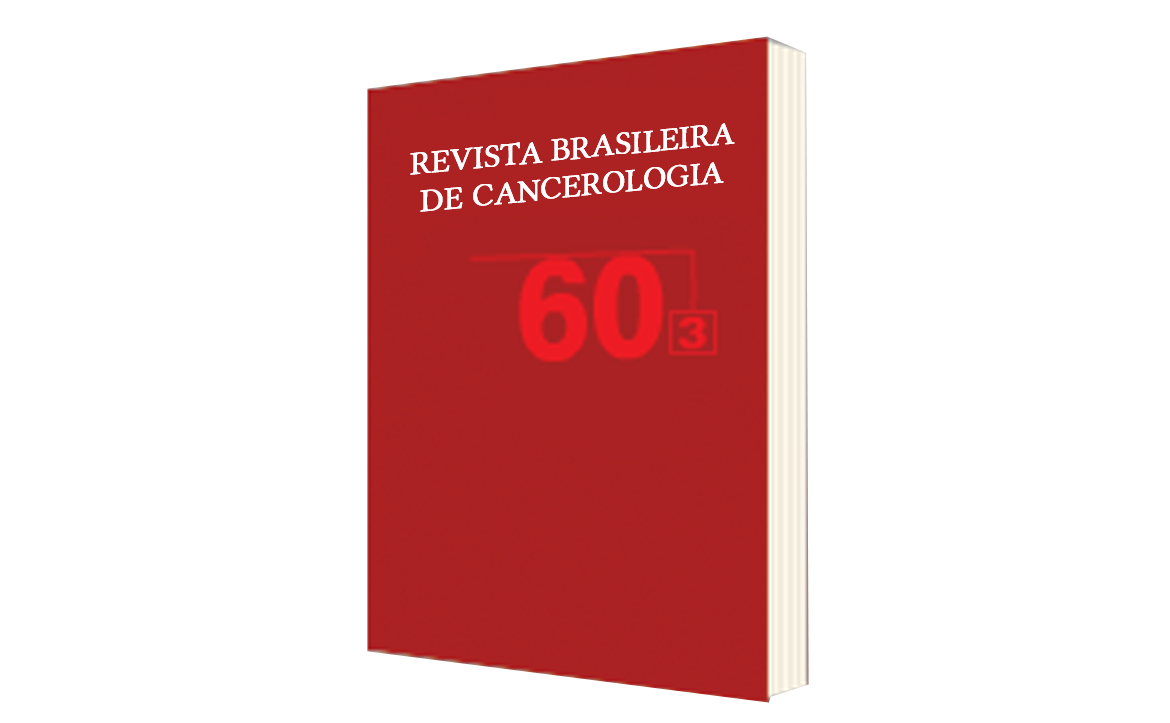Priorities Election for Surveillance of Occupational Cancer in Londrina - Paraná, Brazil
DOI:
https://doi.org/10.32635/2176-9745.RBC.2014v60n3.466Keywords:
Informations Systems, Neoplasms, Occupational Health, Epidemiological SurveillanceAbstract
Introduction: Occupational cancer has not been consolidated as an object of surveillance in Brazil, despite the eminent importance of work as a risk factor for cancer. Objective: Describe the election process of priority cancers for the implementation of occupational cancer notification in Londrina/Parana. Method: Action research, a qualitative approach in framework of ecology of knowledge. In 2011, an occupation cancer surveillance training course for professionals of cancer-reference hospitals, health surveillance, Occupational Health Reference Center and social control, based on group dialogues, elected the priority types of cancers. Results: Considering the profile of local exposure and healthcare network diagnostic capacity corroborated by social control, cancer of head, neck and bladder were chosen as a priority for active search and notification. The training strategy was effective for the election of priority cancers to initiate the notification of work-related cancer in Londrina, since the participants within their institutions and skills have contributed to this activity. Conclusion: The introduction of new activities in the health professional routine is an obvious difficulty; therefore, the choice of two types of cancer (head and neck, and bladder) was feasible for early notifications. Action research as a method in this qualitative context was particularly appropriate considering its adaptation to the epidemiological context, which facilitated adherence to the theme and helped developing solutions to improve the practice.









